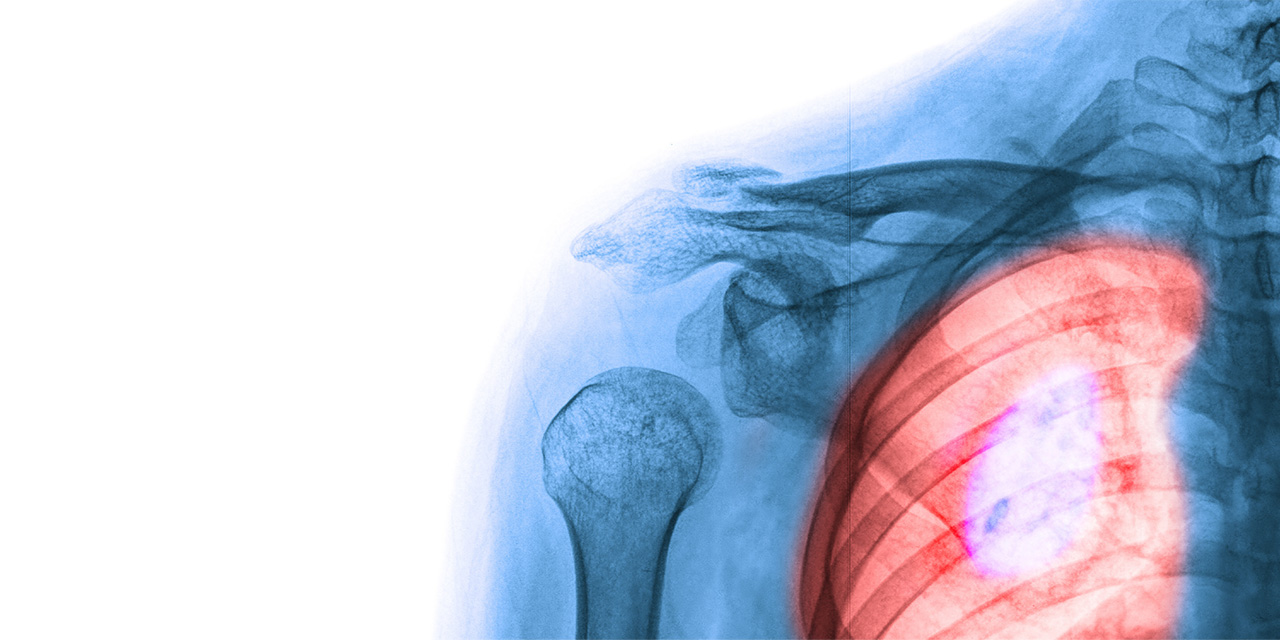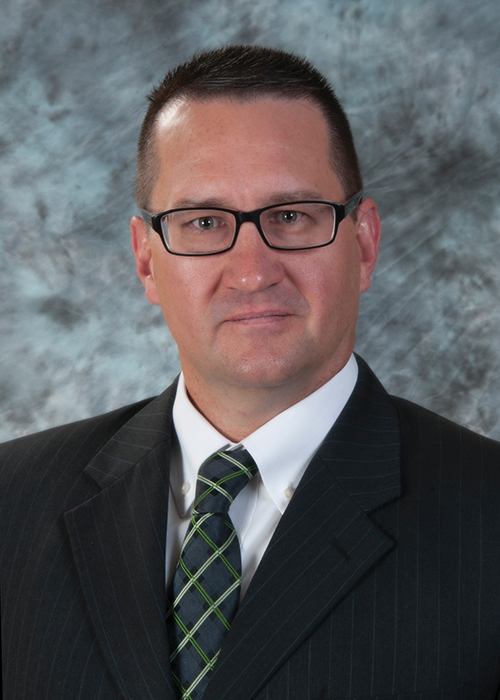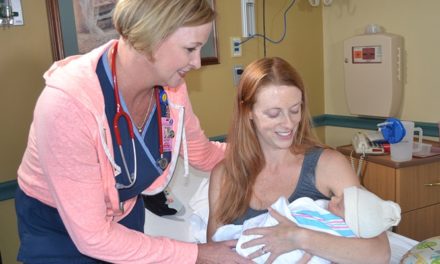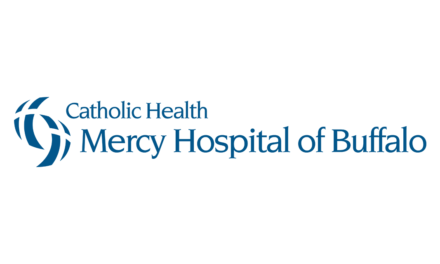Robotic-assisted lung surgery linked to decrease in post-operative narcotic prescriptions

Dr. Mark Jajkowski, Director of Thoracic Surgery at Catholic Health, spent years tracking a statistic important to physicians and their patients: 60 percent of his lung cancer surgery patients are going home with no prescription for pain-reducing narcotics, and 25 percent never require post-operative narcotic medication at all, even in the hospital.
One quarter of lung cancer surgery patients are able to go home the following day after surgery and two-thirds are home by the second post-operative day, primarily due to markedly reduced discomfort.
Dr. Jajkowski credits this reduction to robotic-assisted surgery, an advanced surgical technique he trained in and adopted for use in 2016, along with a specialized pre-operative and post-operative medication regimen.
Robot-assisted procedures carry benefits for patient
Surgeons conducting robotic-assisted procedures can perform complex procedures in tight spaces, through a number of small incisions rather than a single large one. The minimally-invasive technique benefits lung cancer patients by causing less disruption to the chest wall and the ribs, with a decrease in trauma to the nerves and muscles.
This results in a significant reduction in post-operative patient pain that typically requires relief through narcotic drugs such as Dilaudid, Percocet or Norco.
“My patients just aren’t reporting the same level of post-operative pain that they had in the past,” explained Dr. Jajkowski, who operates out of Mercy Hospital of Buffalo. “Before robotic surgery, I was never able to send a patient home without a prescription. I never had a single patient who felt well enough to forgo pain medication in the hospital.”
Less pain medication has implications for opioid addiction
Now, patients are reporting much less post-operative pain immediately following surgery. Post-surgical complications such as pneumonia have also been reduced.
“Many patients are feeling well enough to ask me to go home the next day,” said Dr. Jajkowski.
The reduction in narcotic use is important as the rates of opioid addiction grow as a serious public health concern in the U.S.
Meet Dr. Jajkowski: System Director for Thoracic Surgery
Dr. Jajkowski, who trained on the DaVinci system in 2016, is one of a few local surgeons performing lobectomy (the removal of cancerous lobes of the lungs) using robotic-assisted technology. Most local surgeries still employ standard video-assisted thoracoscopy, which can be more invasive and result in greater post-operative patient discomfort. His data is based upon approximately 150 surgeries over the last several years.
He explains that robotic-assisted surgery also increases confidence in analyzing a cancer’s pathology.
“I am able to remove many more lymph nodes during robotic surgery due to the increased magnification and 3-dimensional visualization,” he explained. “The number of lymph nodes that are retrieved has significantly increased. The more samples you have, the more confident you are in correctly staging a patient’s cancer.”
Optimistic outcomes and revolutionary technology
With excellent cancer outcomes equivalent to open surgery and standard thoracoscopy – and patient recovery faster and with less pain than ever – Dr. Jajkowski believes robotic-assisted lobectomy will become the gold standard for care.
“When making a decision regarding lung cancer surgery, patients should understand what type of procedure they will be undergoing,” said Dr. Jajkowski. “This is a significantly better cancer operation that I am performing.”
Schedule an Appointment with Dr. Jajkowski
Call (716) 923-9650
Schedule an Appointment with Dr. Jajkowski
Call (716) 923-9650





